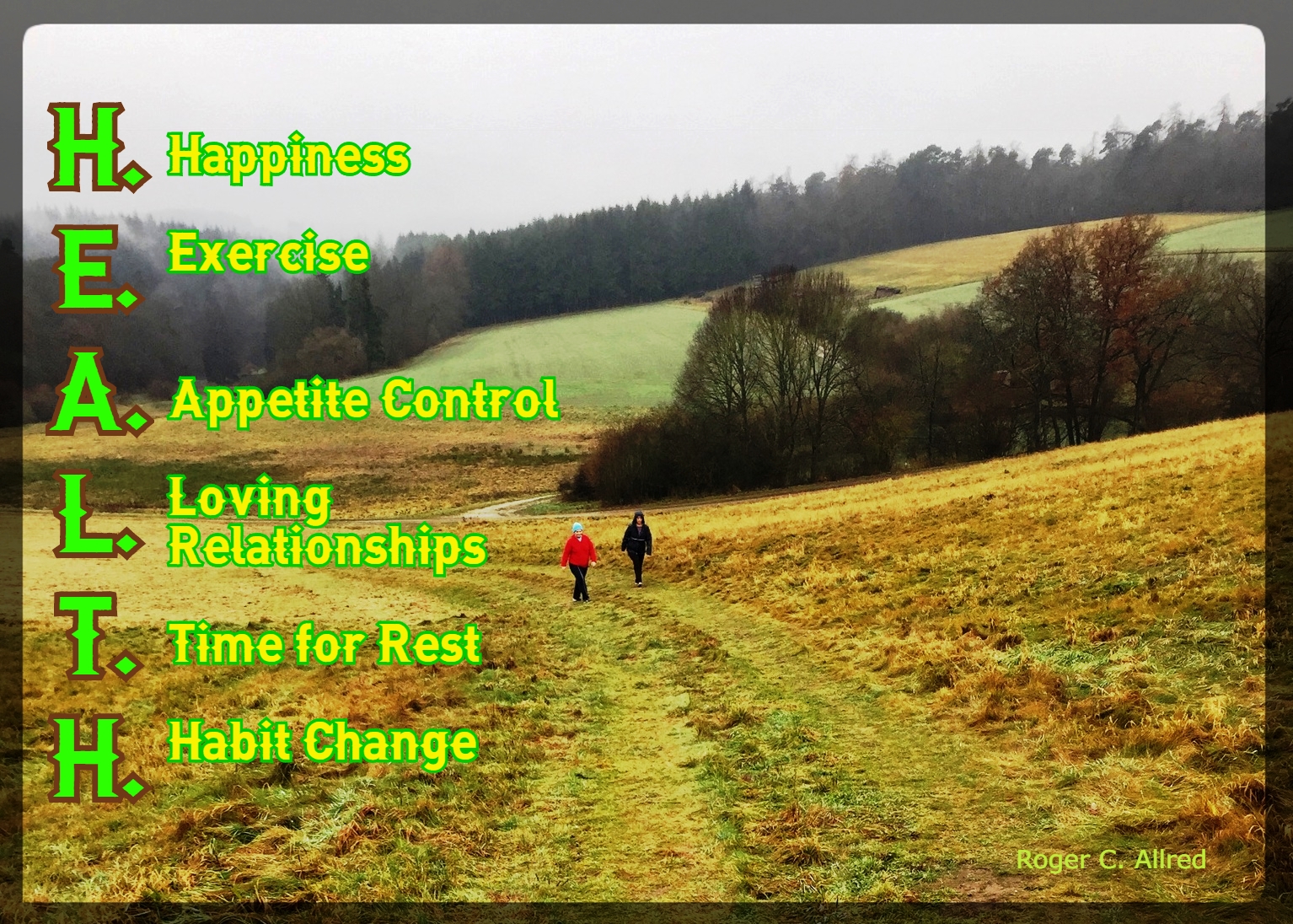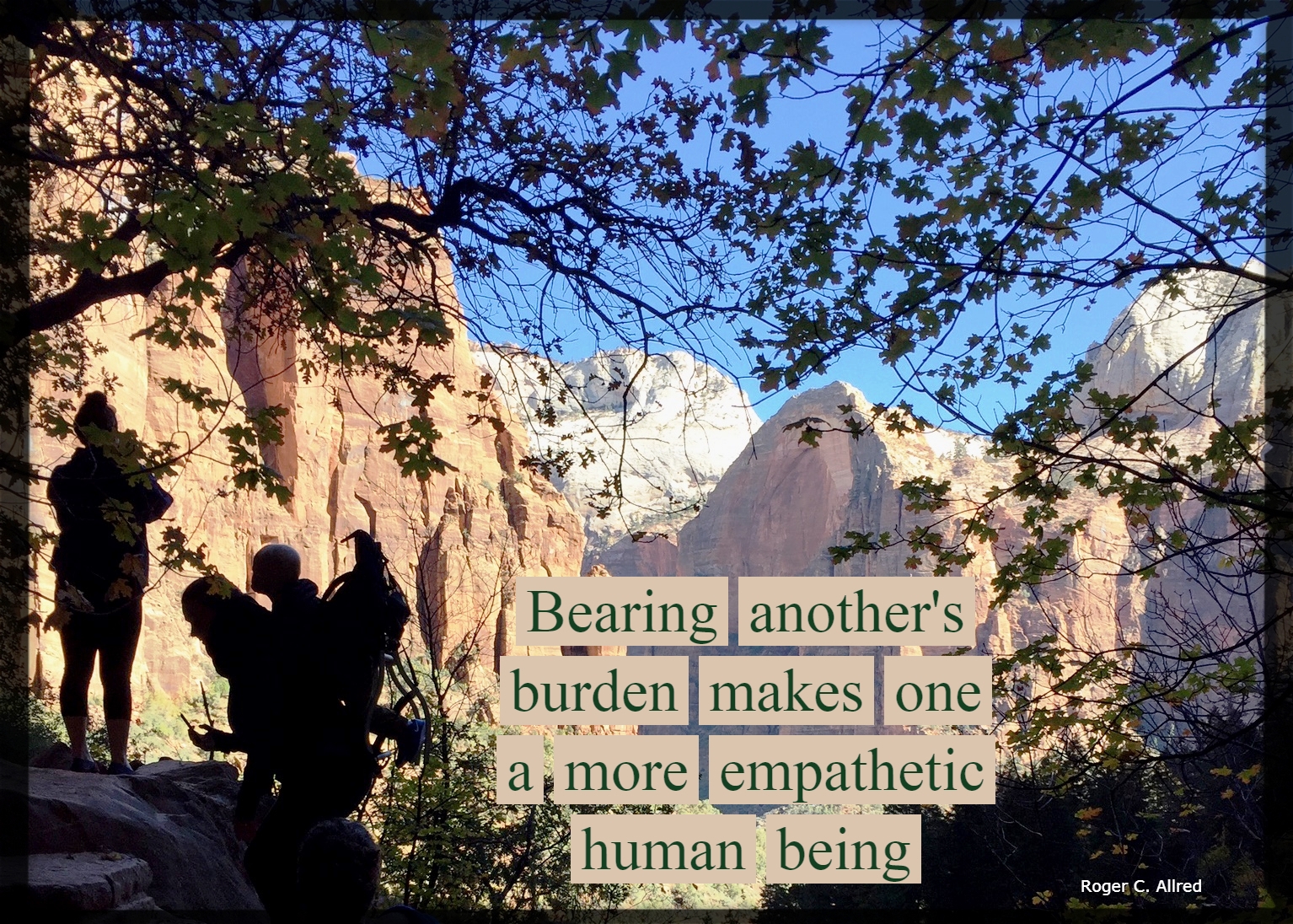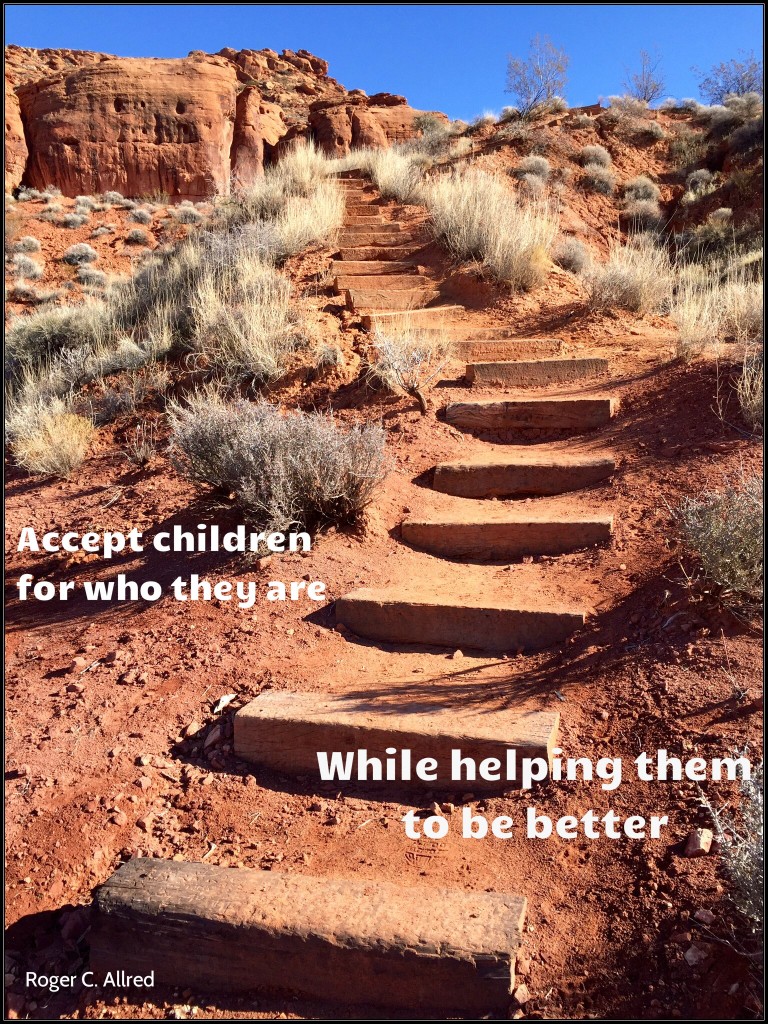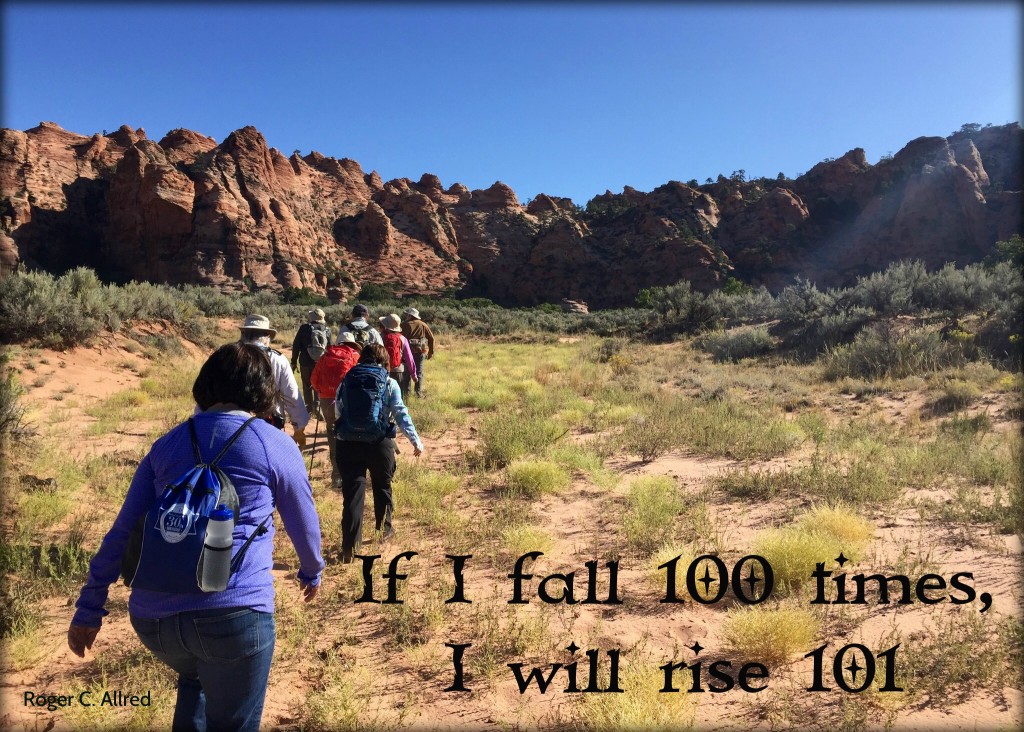 I have played a game with my grandchildren where I give them choice of a piece of candy or a $1 bill. When they choose the money, I know that their parents have begun the process of teaching that child about the value of money. This, however, is just the beginning of the lessons that need to be taught.
I have played a game with my grandchildren where I give them choice of a piece of candy or a $1 bill. When they choose the money, I know that their parents have begun the process of teaching that child about the value of money. This, however, is just the beginning of the lessons that need to be taught.
Money will be a powerful force in the lives of our children. They will not intuitively know how to handle it. Parents have the responsibility to teach these basic money management lessons.
- People are more important than cool stuff.
It is not the one who has the most toys that is happiest. It is the person who has done the most with his or her life. Happiness cannot be measured in terms of dollars, as popular philosophy teaches. “Many persons have a wrong idea of what constitutes true happiness. It is not attained through self-gratification but through fidelity to a worthy purpose.” — Helen Keller
As the Bible says, “The love of money of money is the root of all evil.” We need to teach to value others more than we value money and to use our money to show what we value.
- Learn to delay gratification
If we want our children to be happy, we will help them understand this thought from Zig Ziglar, “The chief cause of failure and unhappiness is trading what you want most for what you want right now.” That warning applies to more than just money.
Children typically want to spend money as soon as they get it. “I have heard that money talks but when I give it to my kids, all it says is, ‘Good Bye!” We must teach that money can often provide instant gratification, but that gratification leads to regret when they don’t have the cash to buy something that they want even more.
- There is a difference between needs and wants
If children are so coddled that they believe that all of their “wants” are “needs,” we have created an insatiable beast. Some adults also have this problem and they usually end up in bankruptcy court.
When spoiled children get everything they want, they usually become ungrateful for what they do receive. Ingratitude has its own set of problems. Eugene Hansen gave this wise instruction, “It has been said that the sin of ingratitude is more serious than the sin of revenge. With revenge, we return evil for evil, but with ingratitude, we return evil for good.”
- An allowance is not payment for doing household chores.
Giving the children an allowance is a good way to teach money management. It also frees the parent from being constantly used as the kids private ATM. You give them an allowance and then tell them to live within their means – a lesson that many never learn.
Since the parents provide the necessities of life and most of the wants of their children, children must be required to do something for the privilege of being pampered. If you pay your kids to do their chores, you are setting yourself up for labor slowdowns and strikes. You don’t want to have to negotiate with a child about whether he should pick up the family room, even if it is his baby sister’s stuff.
- Save money for improvement and opportunity.
Hopefully, our children will want an education to prepare to take care of themselves. They should also want to prepare for marriage and having children of their own. They must begin when they are young to save for these and other significant events so that they will see the value of these goals.
Children can be taught how to budget by keeping a spending log. The spending log documents all the money they receive and where they spend their money. This spending log will provide a basis for creating a budget. Budgeting is a critical tool and practice in becoming a responsible adult.
- Comparison shop.
Learning how to shop is nearly as important as learning how to make money. You can’t fill a sieve with water and you can’t earn more money than you can spend.
Children should be taught how to evaluate the options. They need to distinguish between quality products and shoddy workmanship that appeals to the eye but doesn’t last. They also must understand quantity discounts and the relative value of generic products.
- Use credit wisely.
Credit cards are not money. Just because we have checks doesn’t mean we have money. Just because we can qualify for a loan doesn’t mean we should borrow. Borrowing for a house or an education might make sense. Every other kind of debt should be avoided, if at all possible.
Buy only what we can afford. Pay the credit card bill completely every month. Let the kids know that staying out of debt, especially credit card debt, is very important to you.
- You can’t have everything.
Everyone must set priorities because no one can have everything. Buy necessities, including insurance, and save a portion for luxuries and unforeseen expenses. No one knows what the future holds, but we must do our best to prepare for it.
Kids must understand that an automobile is the ultimate money eater. Almost every teenager has found a “great deal’ on a used car. They have the money to buy the car but they don’t even think of the cost of gas, insurance, repairs, etc. Many have purchased a car only to become its slave. They neglect school, church and other responsibilities because they have to work to pay for the addiction. Cars are big tin holes you throw your money into.
- Help others.
Starting at an early age, children must know that you use some of your money to help others. Talk to them about paying tithing to your church, supporting the homeless center or helping a relative who lost his/her job. Being charitable is the best way to overcome selfishness.
- Learn the basics of economics
Help your kids understand the fundamentals of capitalism, socialism and taxation, the pros and cons of big government, and the law of supply and demand. Without understanding these concepts, our children will be wrongly influenced by those who have never had to make a profit, be accountable for a budget, or live within their means, and that money can corrupt people and organizations.
Since money influences almost every aspect of our lives, parents must be cautious about how important money is to them, how they react when the money is in short supply and how they spend the money they have. As you contemplate your child’s future, think about the words of Alexander Graham Bell, “Before anything else, preparation is the key to success.”









 Parents should fear drugs as much as any evil in this world. Kids can recover from many mistakes but addiction is one of the most destructive and most difficult to escape. We all have seen what drugs have done to our friends. Drug use is not a victimless crime. We should never approve of the use of any recreational drug. The cost to society and to the lives of our loved ones is just too great.
Parents should fear drugs as much as any evil in this world. Kids can recover from many mistakes but addiction is one of the most destructive and most difficult to escape. We all have seen what drugs have done to our friends. Drug use is not a victimless crime. We should never approve of the use of any recreational drug. The cost to society and to the lives of our loved ones is just too great.